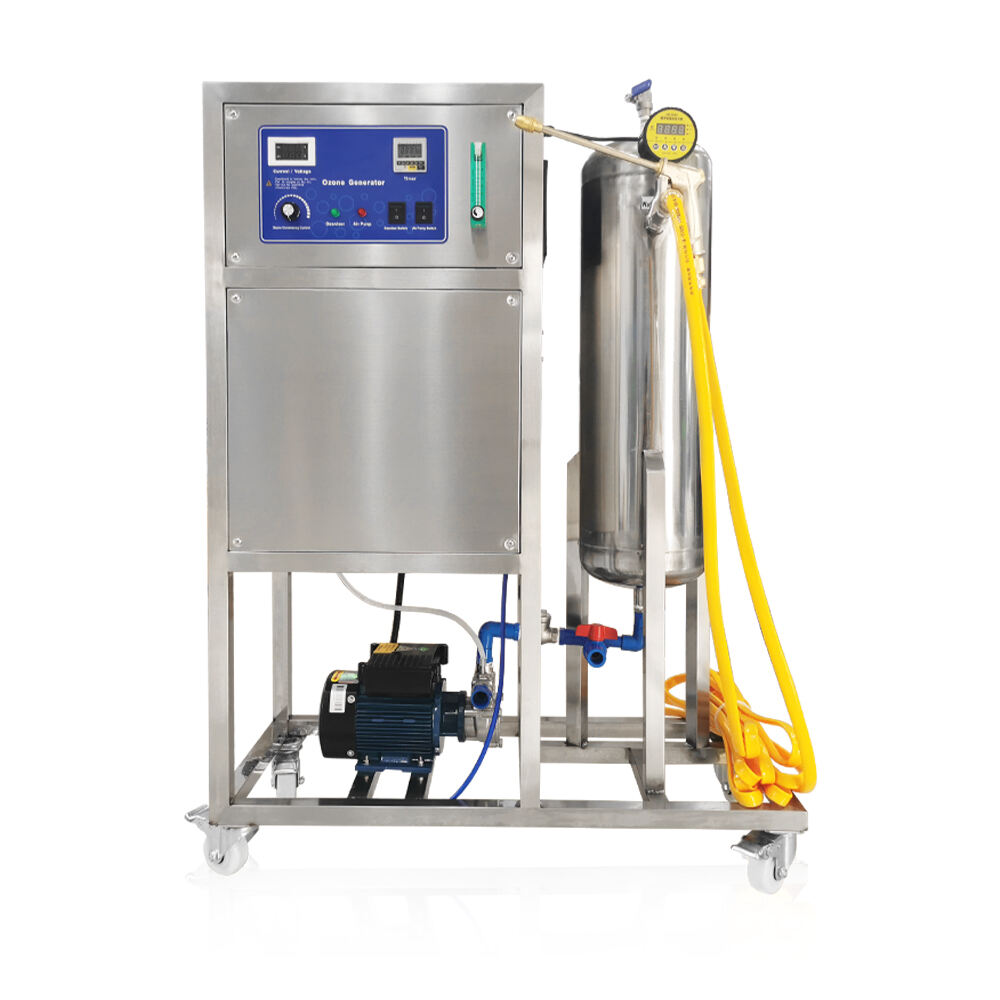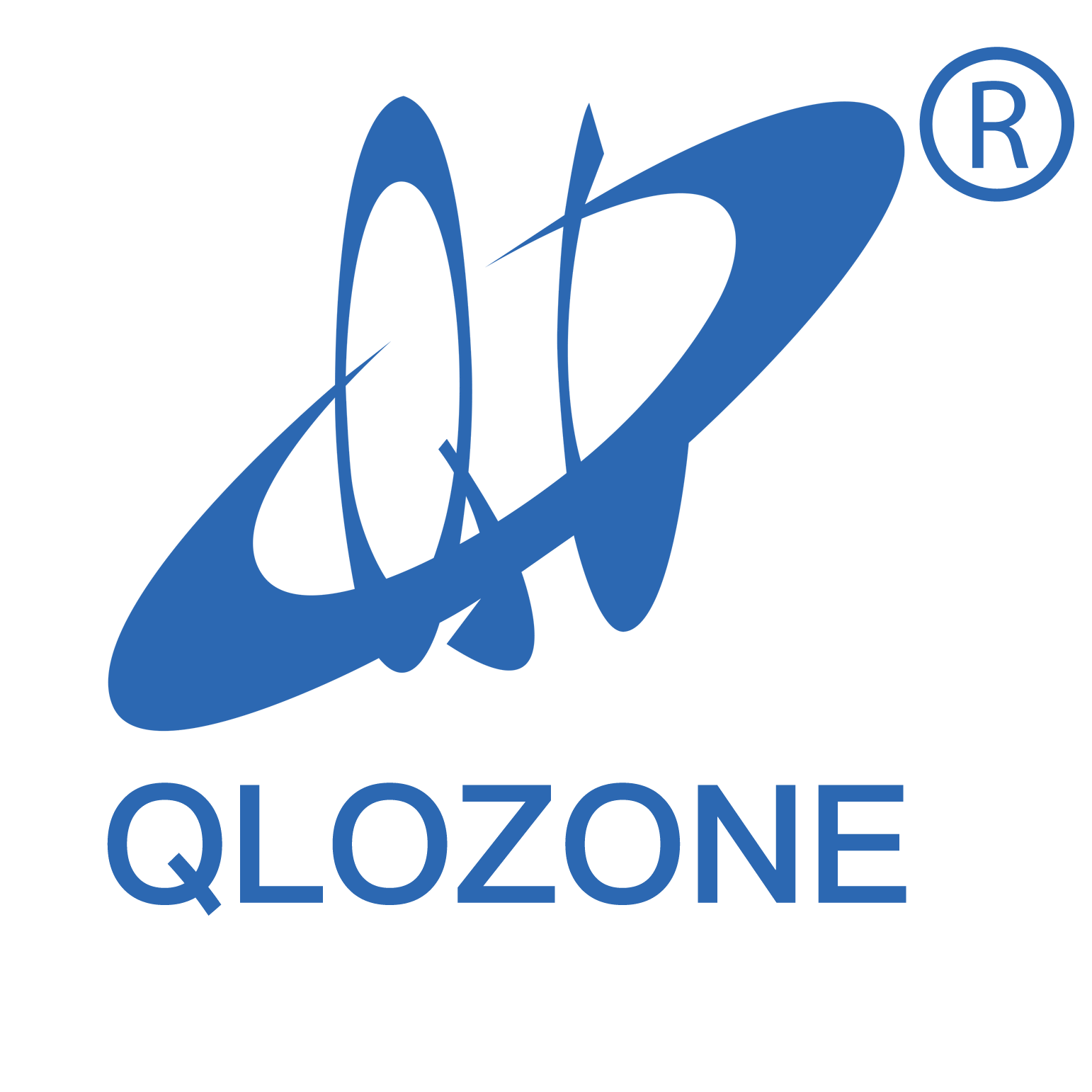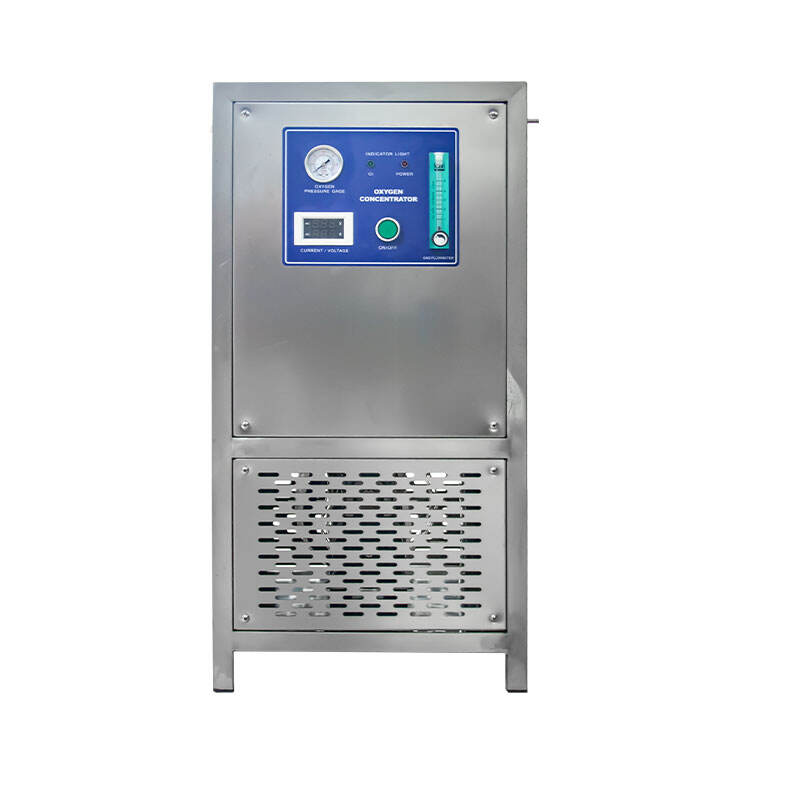Understanding the Power of Ozone Water Treatment Technology
The advancement of water treatment technologies has brought forth innovative solutions, with the ozone water system standing at the forefront of modern purification methods. This revolutionary technology harnesses the natural oxidizing properties of ozone to provide clean, safe water across numerous applications. As industries and communities increasingly prioritize sustainable and effective water treatment solutions, ozone water systems have emerged as a powerful alternative to traditional chemical treatments.
An ozone water system works by introducing ozone gas into water, creating a powerful oxidizing agent that effectively eliminates harmful microorganisms, breaks down contaminants, and improves overall water quality. This process leaves no harmful residues, as ozone naturally decomposes back into oxygen, making it an environmentally friendly choice for various applications.
Industrial Applications and Manufacturing Processes
Food and Beverage Production
In the food and beverage industry, ozone water systems play a crucial role in ensuring product safety and quality. Manufacturing facilities utilize these systems for sanitizing equipment, washing produce, and treating process water. The ozone water system effectively eliminates bacteria, viruses, and other pathogens without leaving chemical residues that could affect product taste or safety.
Bottling plants particularly benefit from ozone water treatment, as it helps maintain the integrity of their products while ensuring compliance with strict regulatory standards. The system's ability to disinfect bottles, caps, and processing equipment makes it an invaluable tool in maintaining high hygiene standards throughout the production line.
Pharmaceutical Manufacturing
The pharmaceutical industry relies heavily on ozone water systems for maintaining sterile conditions and meeting stringent quality control requirements. These systems are essential for cleaning and sanitizing production equipment, preparing purified water for drug manufacturing, and ensuring compliance with regulatory standards. The oxidizing power of ozone effectively eliminates potential contaminants without introducing additional chemicals into the sensitive manufacturing process.
Research laboratories and medical facilities also implement ozone water systems for sterilization purposes and maintaining pure water supplies for various applications. The technology's reliability and effectiveness make it an ideal choice for environments where absolute cleanliness is paramount.

Commercial and Institutional Applications
Hospitality and Leisure Facilities
Hotels, resorts, and recreational facilities increasingly adopt ozone water systems for maintaining swimming pools, spas, and water features. The technology significantly reduces the need for traditional chlorine treatments while providing superior disinfection capabilities. Guests benefit from improved water quality with less eye irritation and no strong chemical odors typically associated with chlorinated pools.
The hospitality sector also utilizes ozone water systems in laundry operations, where the technology helps reduce hot water usage and chemical detergent requirements. This not only results in cost savings but also extends the life of linens and towels while providing better cleaning results.
Healthcare Facilities
Hospitals and medical centers implement ozone water systems as part of their comprehensive infection control strategies. The technology is particularly effective in sterilizing medical equipment, treating wastewater, and maintaining sanitary conditions throughout the facility. The ability of ozone water systems to eliminate pathogens without creating resistant strains makes them especially valuable in healthcare settings.
Dental practices also benefit from ozone water systems, using them in dental units and sterilization procedures. The technology ensures clean, pathogen-free water for dental procedures while protecting both patients and staff from potential waterborne contaminants.
Environmental and Municipal Applications
Water Treatment Plants
Municipal water treatment facilities increasingly incorporate ozone water systems into their processing operations. The technology serves as an effective alternative to traditional chlorine-based treatments, providing superior disinfection while reducing the formation of harmful disinfection by-products. Ozone's rapid decomposition into oxygen means no lasting chemical residues in the treated water.
These systems also help remove taste and odor compounds, improving the overall quality of drinking water supplied to communities. The ability to treat large volumes of water efficiently makes ozone water systems particularly valuable for municipal applications.
Environmental Remediation
In environmental applications, ozone water systems play a vital role in treating contaminated groundwater and remediating polluted sites. The technology effectively breaks down various organic compounds, industrial chemicals, and other pollutants that traditional treatment methods might struggle to address. This makes it an invaluable tool in environmental restoration projects and pollution control efforts.
Wastewater treatment facilities also benefit from ozone water systems, using them to reduce chemical oxygen demand, remove color and odor, and achieve higher levels of water purification before discharge or reuse.
Frequently Asked Questions
How long does an ozone water system typically last?
A well-maintained ozone water system can typically last 10-15 years or more. Regular maintenance, including periodic replacement of certain components like oxygen concentrators and ozone generators, helps ensure optimal performance and longevity. The actual lifespan depends on usage patterns, water quality, and maintenance practices.
What are the maintenance requirements for an ozone water system?
Maintenance requirements include regular monitoring of ozone levels, checking and cleaning injection points, inspecting electrical connections, and replacing wear parts as needed. Professional servicing is recommended annually, though specific maintenance schedules depend on the system's size and application.
How does an ozone water system compare to traditional chlorine treatment?
Ozone water systems offer several advantages over chlorine treatment, including more effective pathogen elimination, no harmful chemical residues, improved taste and odor control, and reduced environmental impact. While initial installation costs may be higher, long-term operational costs are often lower due to reduced chemical requirements and maintenance needs.

